
An overview of the theoretical and empirical literature linking PTSD, substance use, and IPV, as well as risk factors for depression and other psychiatric disorders.

An overview of the theoretical and empirical literature linking PTSD, substance use, and IPV, as well as risk factors for depression and other psychiatric disorders.

Most of us remember where we were when the terrorist bomb shattered our sense of peace in this usually quiet community. The shockwave travelled for miles and across time.
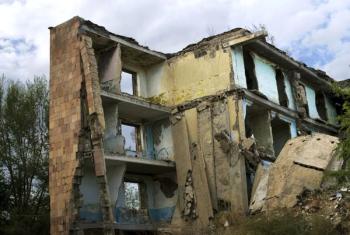
What can psychiatrists in the US do to better prepare themselves and their patients for potential natural disasters? A research psychiatrist answers that question and more in this Psychiatric Times exclusive.
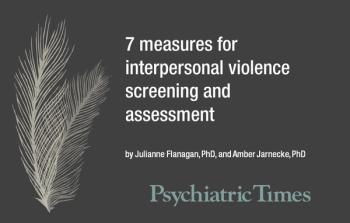
Data suggest that it is important for mental health professionals to screen for interpersonal violence and provide relevant treatment referrals. A selection of widely available and validated interpersonal violence screening measures are described in this slideshow.
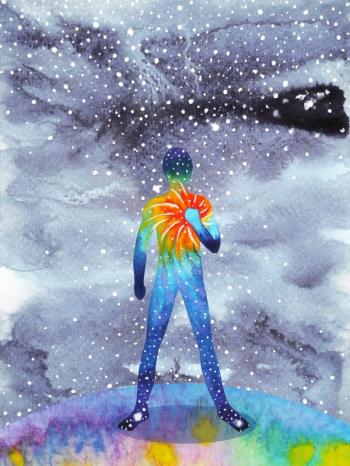
According to male rape myths, boys and men cannot be sexually abused. The truth is, the figure is staggering. Yale Psychiatry’s Joan Cook, PhD, offers new insights working with this population.
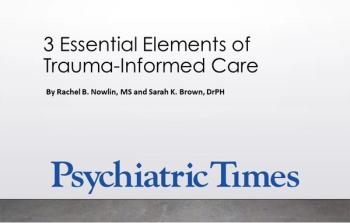
Patients with serious mental illness such as schizophrenia are more likely to report greater impairment in general functioning as a result of trauma, which is why trauma-informed care is so important.

This article discusses the return to work plan as a solution to the clinical and systemic problems arising from psychiatric disability.

Men face many obstacles in disclosing sexual abuse and assault histories to their clinicians and the public at large. More in this video.
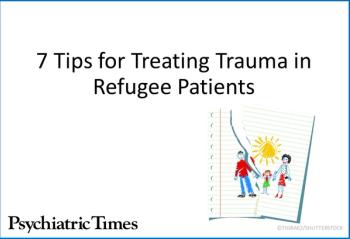
Many refugees have been victims of severe violence that has profoundly affected their physical, psychological, and spiritual lives. Take home points here.

One of the most perplexing challenges for psychiatrists who interact with the workplace is the competing forces for and against mental health.

Despite the outpouring of support, are survivors of mass shootings getting the care they really need?

The impact of school shootings extends far beyond the directly affected school and community. What can we do to help survivors and family members?

Recent findings could pave the way for targeted therapies for conditions associated with hypervigilance and recurrent distressing memories.

How do older adults fare in coping with traumatic events and related psychiatric symptoms compared with younger individuals? Take the quiz and learn more.

This article discusses the risks of supporting versus withholding support for a patient’s disability claim and six key definitions psychiatrists need to understand when they are asked to support such a claim.
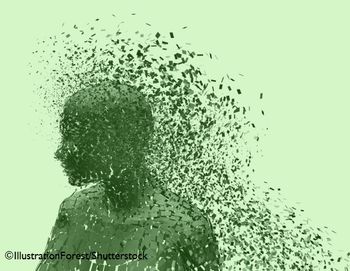
What to do when a patient says they need disabled status, but you believe otherwise?
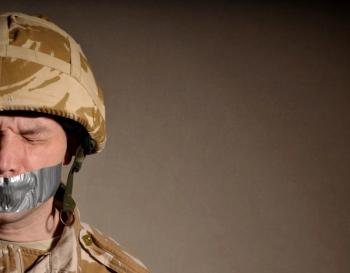
The iconic scene when George C. Scott slaps the soldier with PTSD in Patton and calls him a “yellow-bellied coward” mirrors the historic and continued ambivalence of the military toward the psychological wounds of war.

“Even after the Pittsburgh shootings, our ability to empathize suggests otherwise,” writes Ronald W. Pies, MD, in a commentary regarding the nature and origin of hatred.

What is a common reason individuals cite for using complementary and integrative health approaches? Take the quiz.

The mental health challenges that arose in Vietnam over the course of the war were in many respects both prodigious and unprecedented. An estimated 200 psychiatrists, including two women, served in Vietnam with the Army, Navy, and Air Force between 1964 and 1973.
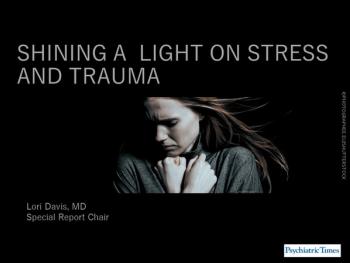
This collection brings together topics on trauma and stress that are neglected in the current literature.

Which medications have consistently replicated randomized placebo-controlled trial evidence of efficacy in treating symptoms that are unresponsive to sertraline or paroxetine? Take the quiz and learn more.

Two evidence-based psychosocial treatments are available for trauma-based nightmares. The authors provide a case illustration for each method.
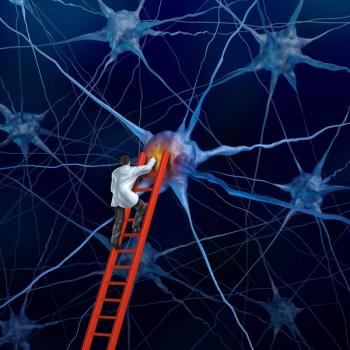
Given the severe burden, grave suffering, and lack of remission with standard therapeutics in many patients with PTSD, preliminary data on the role of ECT seems promising.
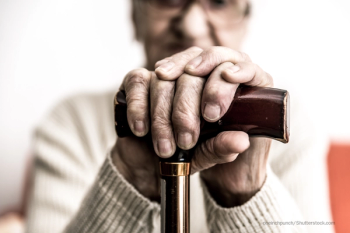
Trauma may be a hidden variable in the lives of older adults, impacting them in ways they may not recognize or be willing to admit.